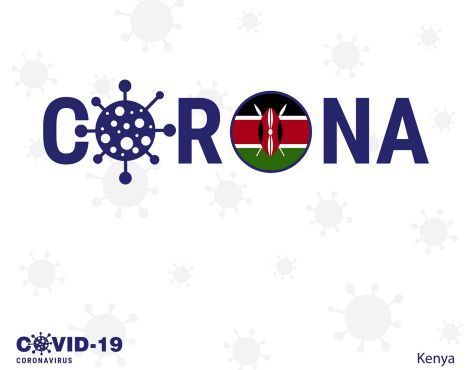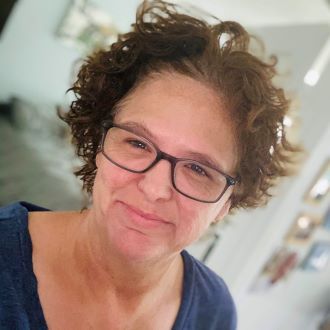by Jill Weller
I normally take trips in February, June and late October. Even though I missed the June trip because of COVID-19, I keep the kids very close to my heart. I stay in weekly touch with the EBCCK board members and one of the primary teachers, but of course it's not quite the same, even in the advanced technology age with Zoom and Skype.
When the pandemic first hit I honestly thought it would hit Kenya much harder, because Kenyans by nature and culture are extremely relational people. They shake hands every time they encounter someone. They don't like to be alone, but are interdependent on each other. Second, they don't always have access to clean, warm, soapy water to wash their hands. Third, they don't always have access to quality medical care. Needless to say, I prayed daily for the Kenyans in the midst of this developing pandemic.
I'm pleased, though, that the government did a good campaign job in regards to taking the appropriate action and as of late July, there were about 18,500 cases throughout Kenya and of those only about 300 have perished. Most initial infections were in the coastal city of Mombasa and the capital city, Nairobi. Like the rest of the world in mid-March, Kenya also went on lock down to curb the spread, especially up-country to the more rural areas and villages. No road travel was allowed between the two densely populated cities. As of early July, the road restrictions have eased a bit but are still restrictive. International flight travel will resume again on August 1 and I am praying for the possibility of an October trip.
Elma Kamonong High School (EKHS) was no exception and had to send home all the students from the community that were being boarded on our property. All the primary students have continued on with their studies, since all the students and teachers live on the EBCC campus. The high school students that live in the home have resumed "tutoring" since some high school teachers are on the property as well. It's not official, traditional classroom teaching, but they have been blessed to continue on with their studies. The difficult part in Kenya in regards to remote teaching, is a lack of technology for instruction, thus, most of the youth throughout the country are at home receiving no education. We aren't sure what will happen with the crucial standard 8 and Form IV exams that usually begin throughout the country in November.
As you keep the world and this pandemic in your prayers, please remember the needy in developing countries, who aren't blessed with computers and the internet.
UPDATE: November 3, 2020. Our post-high-school students who are at Rift Valley Institute of Science & Technology are starting to report to their classes. The form IV students at EKHS are also back in class, although we are not yet sure what the plan for end-of-year testing will be. This important nationwide test cycle determines which schools the student will be eligible for if they choose to continue their education.

